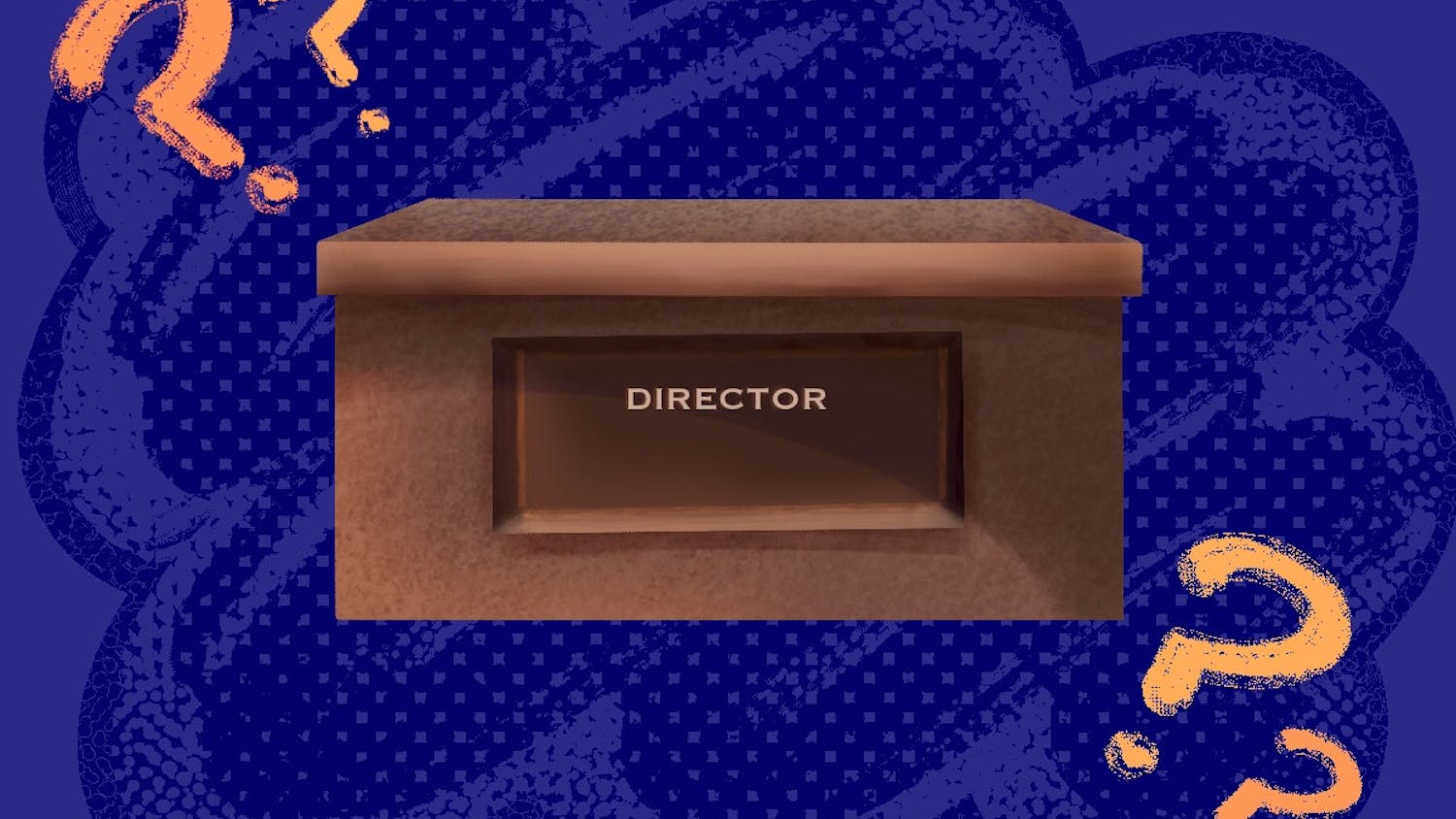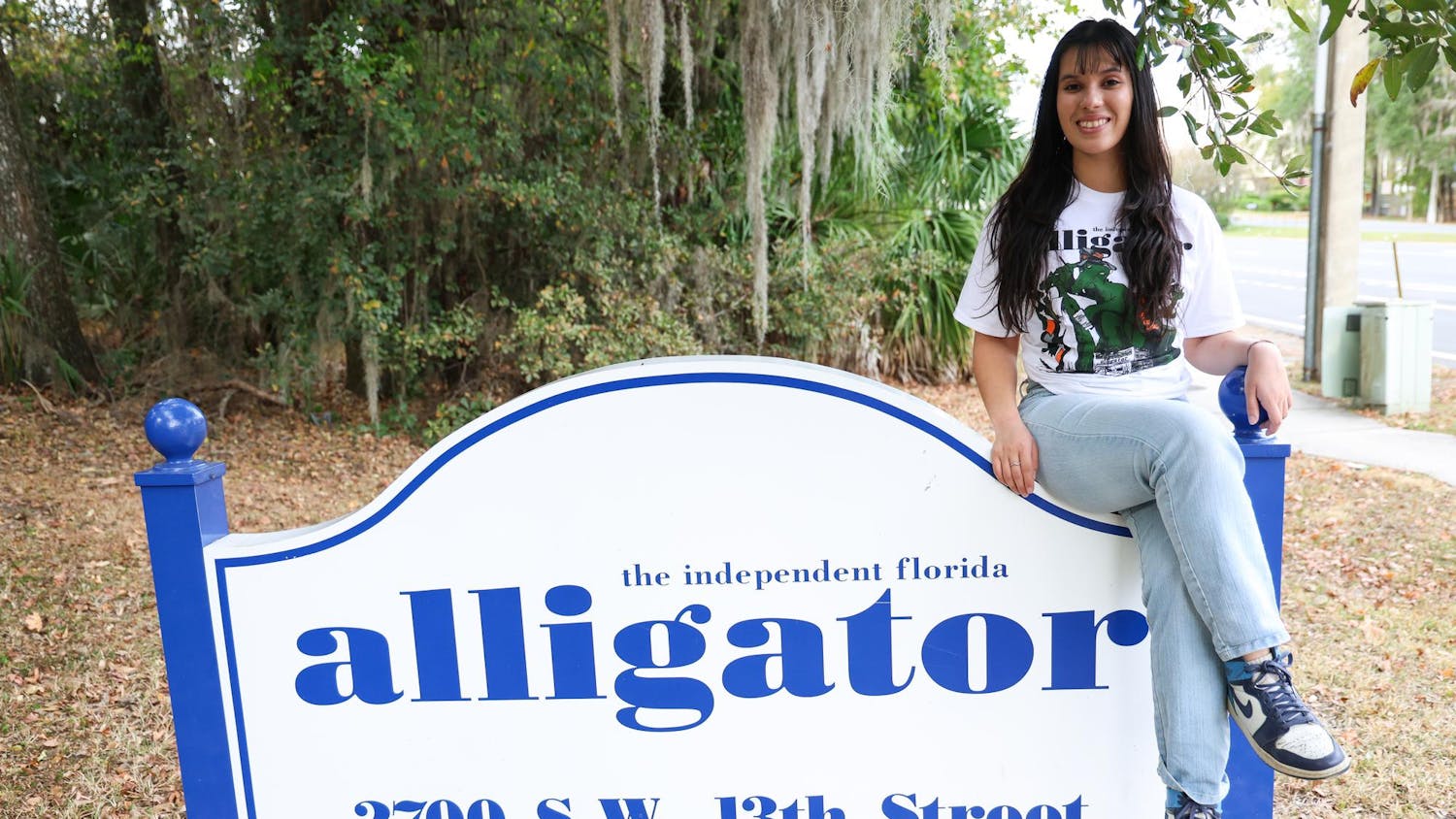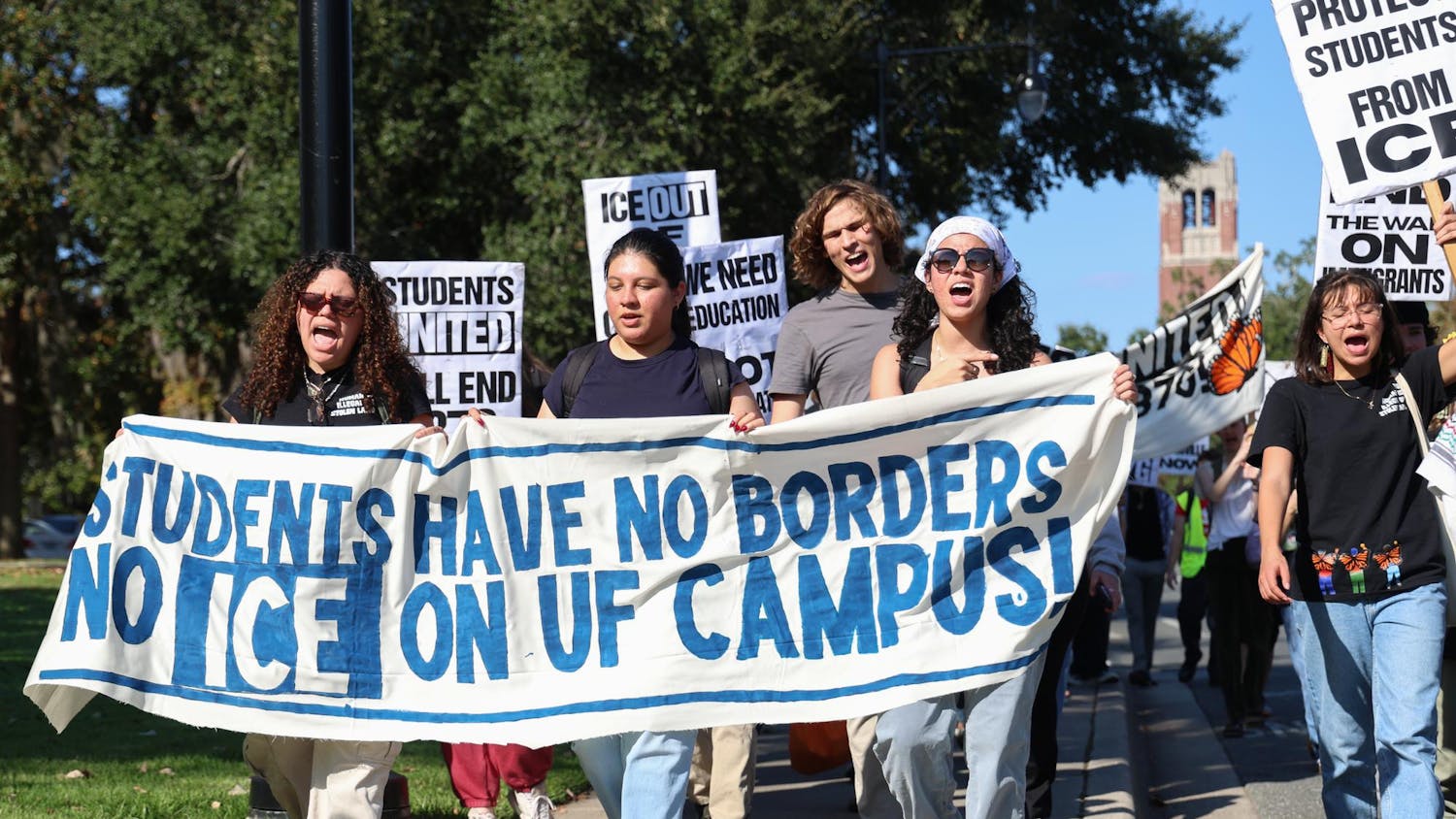To the liberal activist group Progress New Mexico, Eric Szeman and Diane Avila represent evil, greedy capitalists who exploit their workers by refusing to comply with the city of Albuquerque’s minimum-wage increase.
To others, Szeman and Avila are just small business owners trying to make ends meet while running the Route 66 Malt Shop. If the owners were to comply with the city’s minimum wage increase, Szeman argues, they would have to close down the business and lay off 12 employees.
The minimum wage became the topic of national attention when President Barack Obama declared in his State of the Union address the government would “raise the federal minimum wage to $9.00 an hour.” Under the current minimum wage, the president argued, a full-time minimum wage employee still earns below the poverty line, and a change in this policy would lift millions out of poverty.
But would it really?
A 1999 study by economists David Neumark, Mark Schweitzer and William Wascher found increases in the minimum wage lead to more poverty. The authors conclude minimum wage increases “do, no doubt, help some families escape poverty; but the employment losses associated with a higher minimum also appear to cause some families to fall into poverty.”
In other words, any gains experienced by individuals in minimum wage jobs are outweighed by the increase in unemployment that results from businesses not being able to hire and/or lay off workers to compensate for the higher wages.
A 2012 Cato Institute report cited a study from 2010, which found when the federal government increased the minimum wage from $5.15 to $7.25, “only 15.8 percent of the workers who were expected to gain from it lived in poor households.” This occurs because many of the low-skilled workers who are employed in minimum wage jobs are second or third earners living in households with incomes well above the poverty line.
Other studies have shown that the minimum wage has an adverse effect on teenagers, especially young minorities.
Furthermore, if employers try to avoid laying off workers, the costs of minimum wage increases are carried by consumers with higher prices. Because a higher share of a low-income individual’s earnings is spent on necessities such as food, it’s hard to see how an increase in food prices help out poor people.
But for some progressive do-gooders, the economic realities of the minimum wage play no role in deciding whether we should keep increasing it.
For Pat Davis, executive director of Progress New Mexico, the Route 66 Malt Shop owners’ failure to comply with the local minimum wage law “amounts to stealing from their workers.” Although a great example of hyperbole, Davis fails to mention that without Szeman and Avila’s entrepreneurship, many of these employees would be out of work and are only entitled to the wage voluntarily agreed upon when they were hired.
Indeed, according to Szeman, his employees signed a contract agreeing to work at their old wage. Furthermore, when you factor in tips, Szeman and Avila argue they make less than their employees, having to reinvest their earnings into the business to keep it afloat.
If the minimum wage is increased again, there will be more Route 66 Malt Shops, more unhappy small business owners and more people without jobs.
But at least we feel good about ourselves.
Justin Hayes is pursuing a master’s degree in Political Communication. His column usually appears on Wednesdays. You can contact him via opinions@alligator.org.





